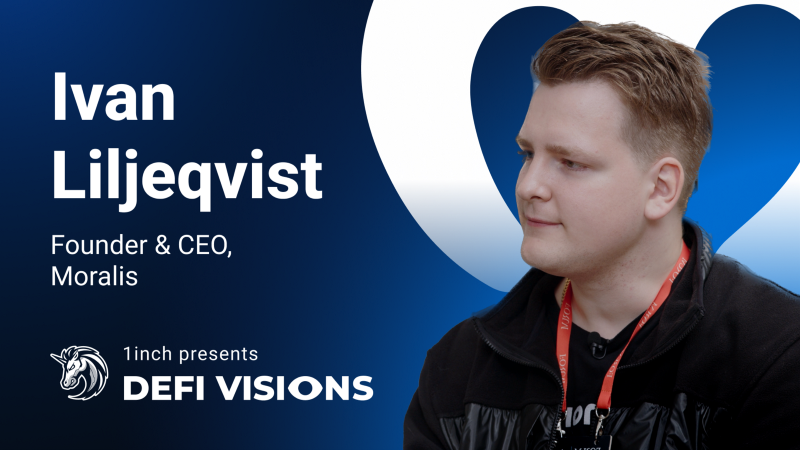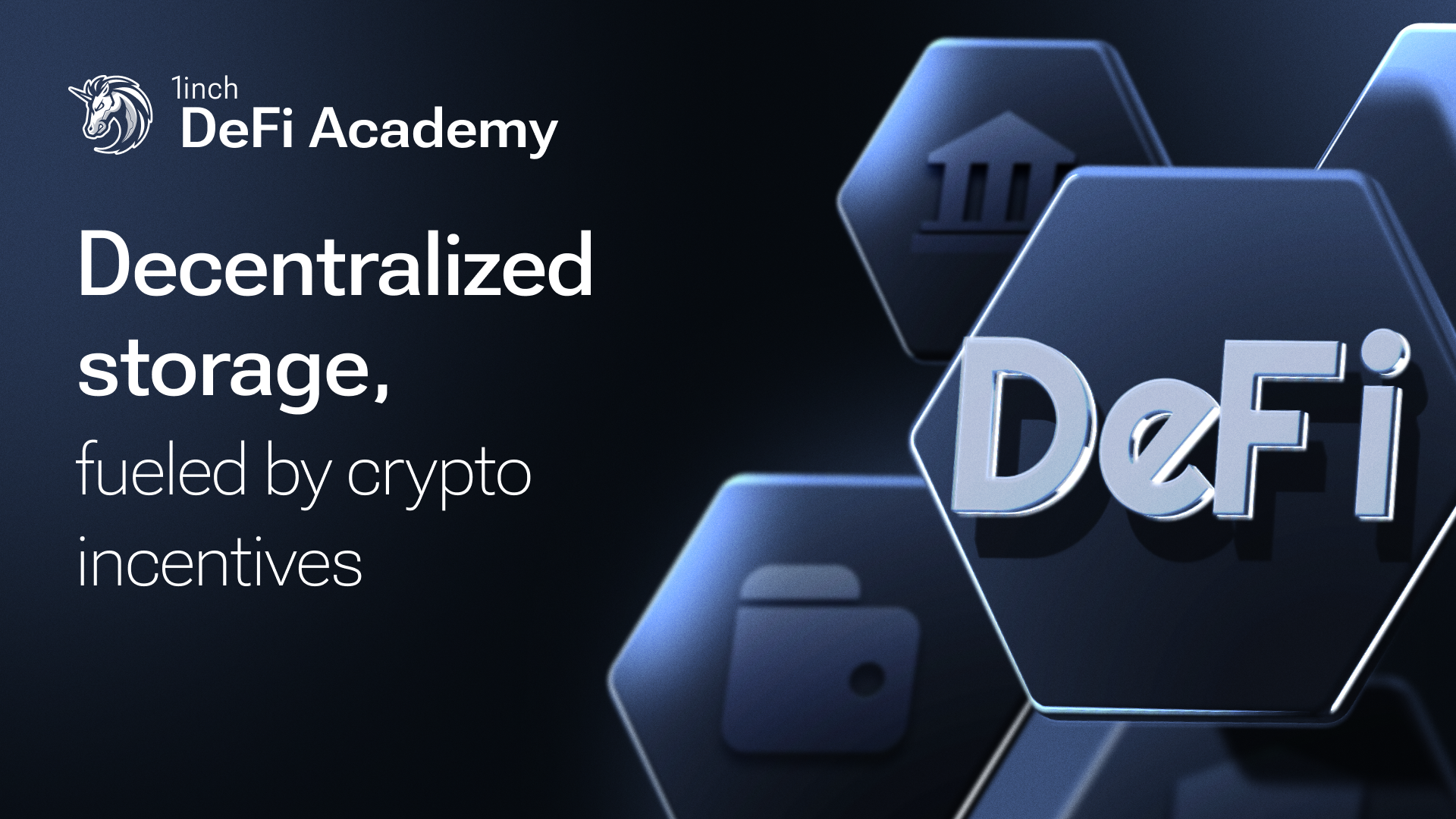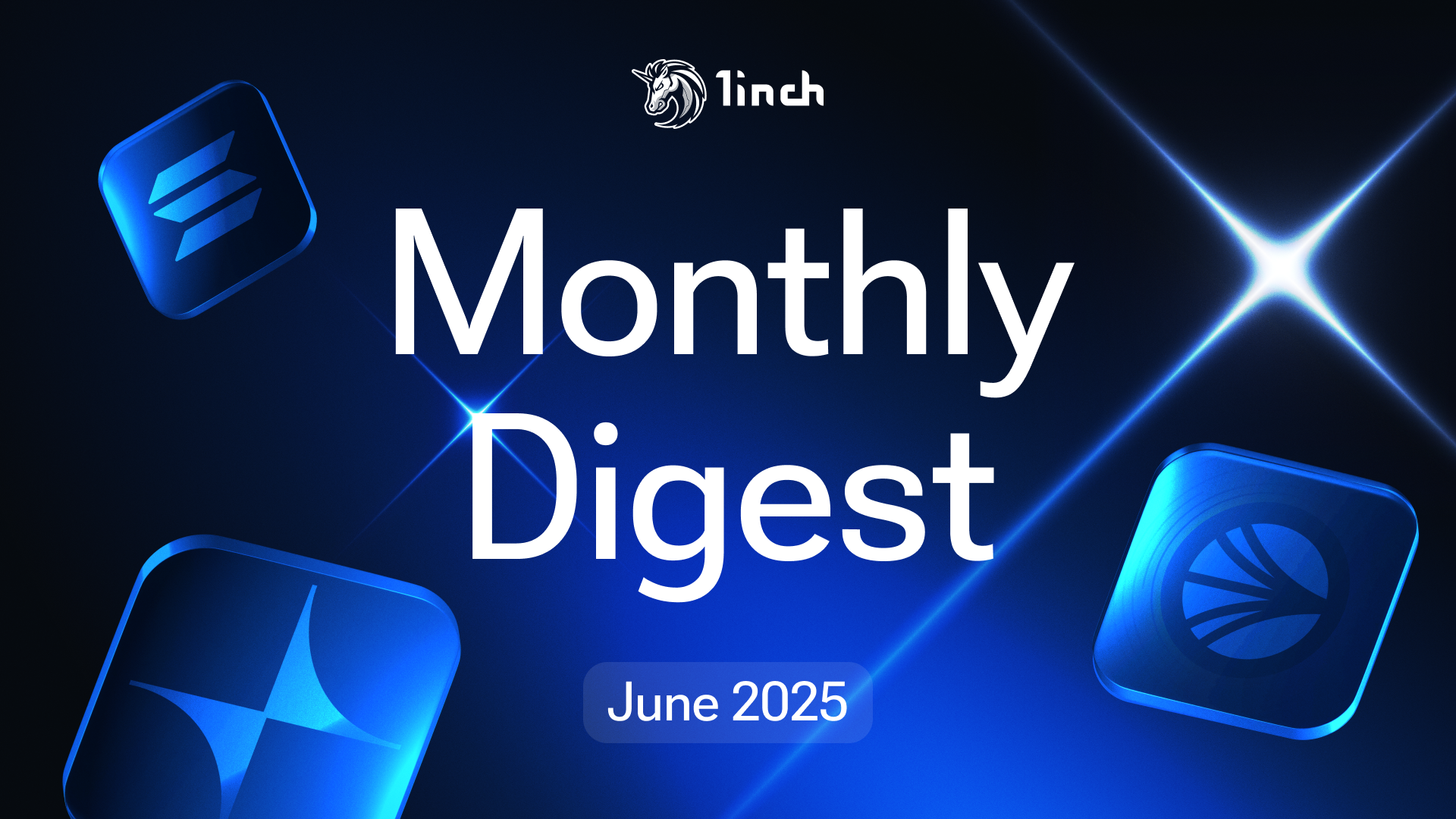DeFi Visions: Ivan Liljeqvist

The following post offers the main takeaways from a recent interview with Ivan Liljeqvist, founder and CEO of Moralis, filmed as part of 1inch’s DeFi Visions, a series of video interviews featuring the most prominent people in the DeFi space.
It was the 2013 bull market when Ivan first heard about crypto. “As a tech person, I found the technology very interesting and a new rabbit hole to discover,” he recalls.
Still, Ivan says he finds crypto space “kind of Wild Wild West.”“Some things are so bizarre that they can only happen in crypto,” he explains. “Everything from the great successes to the biggest failures, which sometimes are followed with just a tweet like: ‘We will try better next time, thank you for your great support!”
“[But] from a developer standpoint, it is the most exciting industry to be in — you can quickly shape the industry, build everything from scratch,” he adds.
According to Ivan, his company, Moralis, “has quickly grown from an idea to a platform for developers that would help to build wallets, apps and dApps without extra knowledge required.”
However, he admits that crypto projects are facing major challenges in the current bear market.“You gotta work hard to achieve your metrics when it comes to active users and revenue. When the bull market returns, you should have a sustainable model,” he notes. “Otherwise, you won’t have an excuse why your numbers don’t check out like we have today in a bearish market.”
Reflecting on NFTs development, Ivan stresses that “today they are made in a way that doesn’t onboard people into Web3 — some games have only Web3 native NFTs, which are difficult to use, and other games are totally hiding NFTs, which means their users cannot be big spenders.”
Still, Ivan adds he believes gaming, which will bridge Web2 and Web3, is the key to NFTs’ success.
Ivan’s vision of anonymity is that it should be “part of the core protocol.” He says that some projects already implementing such an approach allow users to reveal their transactions through a specific key to become transparent to auditors or tax authorities while remaining publicly anonymous.
When it comes to regulations, Ivan says we have to look at those that already work.
“All progressive countries like Dubai, Switzerland and Estonia are doing a great job,” he says, adding that there are many discussions about DeFi being regulated on a frontend level.
“It won’t solve a lot because hackers or whoever [else] want to use a website without a frontend and KYC can still do it (it doesn’t protect access to the protocol), but you will remove all the normal users. So such discussions don’t make sense,” he observes.
There are two ways to define a DAO, according to Ivan. “One way is that it is a normal company that does business on a chain. Let’s say I want to invest in a startup. I can just look at their ownership on the blockchain without going through agreements or cap tables,” he elaborates. “Having a single standard for doing things in a corporate world makes sense across countries.”
“Another way of defining a DAO is an online movement of anonymous people doing something, generating some profit and then distributing it,” he goes on to say. “Let’s say I am part of a DAO and generate income from it, and I want to buy a house or a car. Then authorities will instantly ask me ‘Where did you get the money from?’”
Meanwhile, Ivan says he is optimistic about the future of DAOs and their global role. “When you allow people to build things together online globally, you have an explosion of business, living standards and inventions,” he explains.
“We can do this on a global level, and it will bring much more productivity to humanity, so DAOs’ development is an interesting idea to keep in mind,” he concludes.
Watch the full interview with Ivan Liljeqvist on the 1inch Network’s YouTube channel.




























